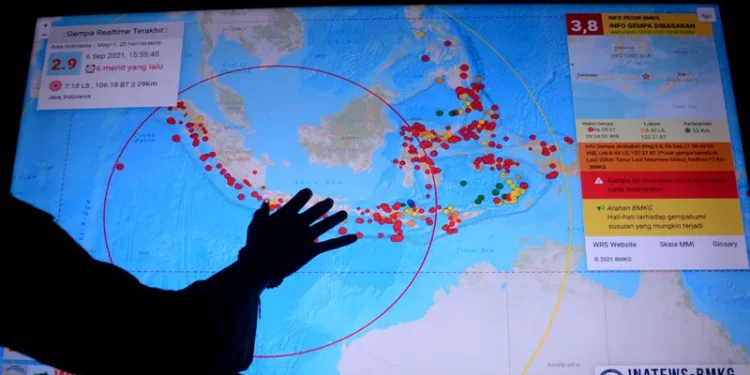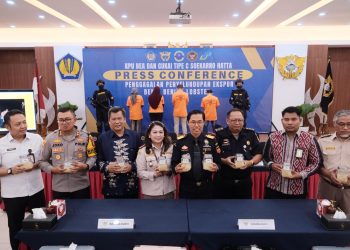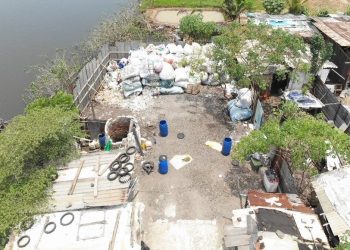Jakarta, Indonesia Sentinel — Indonesia’s tourism sector is already feeling the ripple effects of concerns surrounding a potential megathrust earthquake. While the exact timing and magnitude of such an event remain uncertain, the Indonesian Meteorology, Climatology, and Geophysics Agency (BMKG) emphasizes the importance of disaster preparedness and mitigation efforts.
According to BMKG, earthquakes cannot be precisely predicted, but proactive measures can significantly reduce risks. Suci Dewi Anugerah, Head of Tsunami Mitigation for the Indian and Pacific Oceans at BMKG, stressed the importance of disaster readiness during a recent press briefing.
Tourism Sector Mitigation Strategies
Suci highlighted that tourism stakeholders, particularly hotel operators and tourist site managers, must first assess their vulnerability. “The first step is conducting a thorough risk assessment,” she explained. “Tourism areas and operators need to understand the potential hazards in their region.”
Once risks are identified, the focus shifts to evacuation planning. Key steps include estimating tourist numbers during peak times and mapping out clear evacuation procedures. “Hotels must review whether their evacuation routes and signs are well-prepared and clearly visible,” Suci said.
Additionally, evacuation readiness should extend to ensuring emergency exits function properly and testing alarm systems regularly. BMKG advises hotels to improve evacuation route signage and provide clear instructions for guests.
Raising Awareness Through Education
Another critical aspect of mitigation is disseminating educational materials. BMKG recommends creating and displaying informative posters at key locations within hotels, such as lobbies and meeting rooms. These materials should guide guests on how to respond during emergencies.
Suci also highlighted a common oversight in the hospitality industry: the lack of safety briefings at events. “Hotels in disaster-prone areas must conduct safety briefings before any meetings or events, ensuring guests know what to do in case of an emergency,” she advised.
Furthermore, staff training is essential. Hotel employees should undergo regular disaster preparedness drills and training to enhance their ability to assist guests during emergencies.
Learning from Past Disasters
Suci reminded stakeholders that the threat of a megathrust earthquake is not hypothetical. Indonesia’s history is marked by devastating events, including the 2004 Aceh tsunami, triggered by a magnitude 9.1 earthquake, and the 2006 Pangandaran tsunami.
“These disasters are not just theoretical risks—they are realities we’ve faced,” Suci said. “From the Aceh tsunami to the 2005 Nias earthquake and the 2010 Mentawai tsunami, all were caused by megathrust events.”
Floods Impact Over 1,700 Families in Dompu, West Nusa Tenggara
A Call for Collective Action
With Indonesia’s vulnerability to earthquakes and tsunamis, especially in coastal areas, BMKG’s guidance serves as a crucial reminder for the tourism industry to prioritize preparedness. By implementing thorough mitigation strategies and fostering a culture of awareness, the industry can minimize risks and enhance safety for both workers and visitors.
As Suci concluded, “Preparedness is not optional—it is essential for saving lives and safeguarding livelihoods.”
(Becky)


























